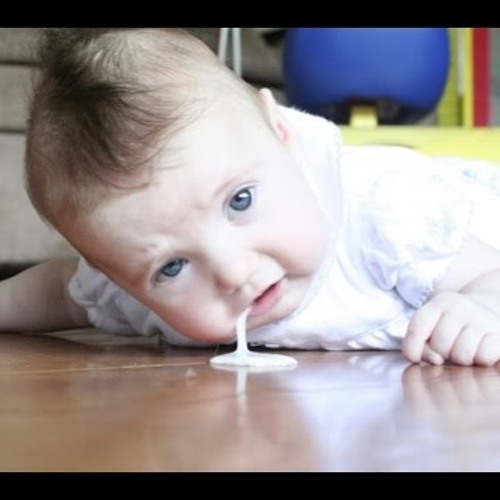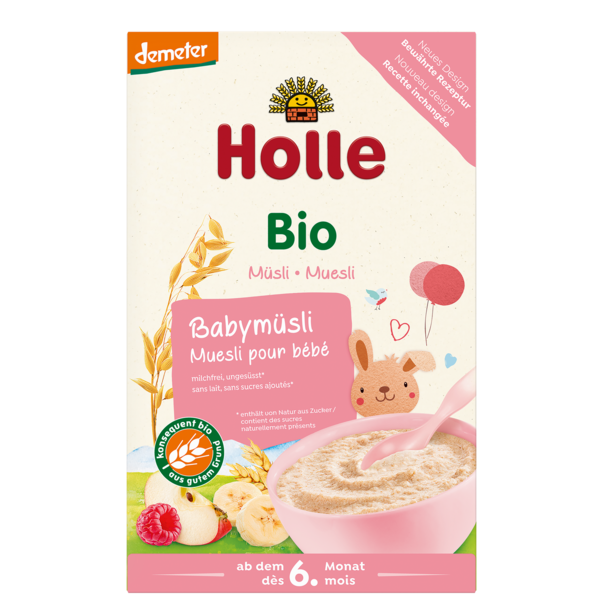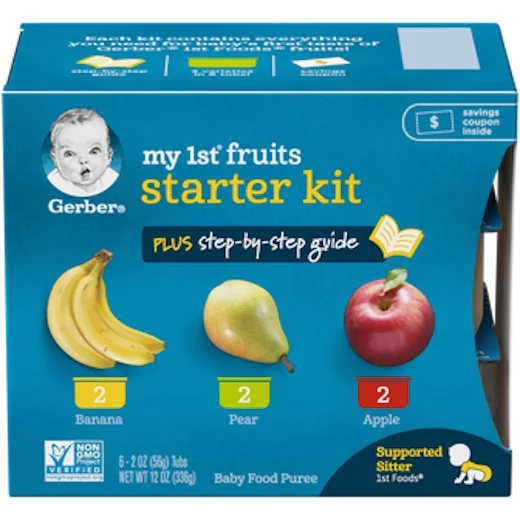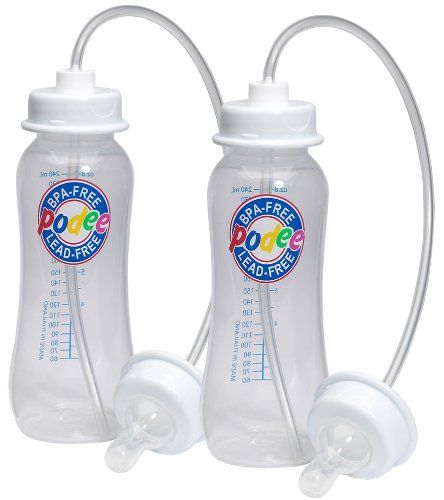Should i feed my baby after he vomits
How to Know Whether You Should
Your baby just threw up all the milk they’ve chugged down so far, and you’re wondering if it’s OK to continue feeding. How soon should you feed your baby after vomiting?
It’s a good question — just about every parent has likely pondered this. Spit-up is almost a rite of passage for babies (and parents). Baby vomiting is also common and can happen for many reasons. Most of the causes aren’t serious.
The short answer — because you may have a very fussy baby on your hands and want to get back to them ASAP — is yes, you can usually feed your baby after they vomit all over your favorite sweater, sofa throw, and rug.
Here’s just about everything you need to know about feeding your baby after vomiting.
Baby vomit and spit-up are two different things — and they can have different causes. Spitting up is common in babies under the age of 1 year. It typically happens after feeding. Spit-up is usually an easy flow of milk and saliva that dribbles from your baby’s mouth. It often happens with a burp.
Spit-up is normal in healthy babies. It can happen for several reasons. About half of all babies 3 months and under have a type of acid reflux called infant reflux.
Spit-up from infant reflux is especially bound to happen if your baby has a full stomach. Being careful not to overfeed a bottle-fed infant can help. Spitting up typically stops by the time your baby is a year old.
On the other hand, vomiting is typically a more forceful throwing-up of milk (or food, if your baby is old enough to eat solids). It happens when the brain signals the muscles around the stomach to squeeze.
Vomiting (like gagging) is a reflex action that can be triggered by a number of things. These include:
- irritation from a viral or bacterial infection, like the stomach bug
- fever
- pain, such as from a fever, earache, or vaccination
- blockage in the stomach or intestines
- chemicals in the blood, like medicine
- allergens, including pollen; very uncommon in babies under 1 year
- motion sickness, such as during a car ride
- dizziness, which might happen after being twirled around too much
- being upset or stressed
- strong smells
- milk intolerance
Vomiting is also common in healthy babies, but it might mean that your baby has caught a bug or is feeling a bit under the weather.
Too much vomiting can cause dehydration and even weight loss in very serious cases. Milk feeding can help prevent both of these. Offer your baby a feeding after they’ve stopped throwing up. If your baby is hungry and takes to the bottle or breast after vomiting, go right ahead and feed them.
Liquid feeding after vomiting can sometimes even help settle your baby’s nausea. Start with small amounts of milk and wait to see if they vomit again. Your baby might vomit the milk right back up, but it’s better to try than not.
If your little one is at least 6 months old and doesn’t want to feed after throwing up several times, offer them water in a bottle or a spoon. This can help prevent dehydration. Wait a short while and try feeding your baby again.
In some cases, it’s better not to feed a baby right after vomiting. If your baby is throwing up because of an earache or fever, they may benefit from medication first.
Most pediatricians recommend pain medications like infant Tylenol for babies in their first year.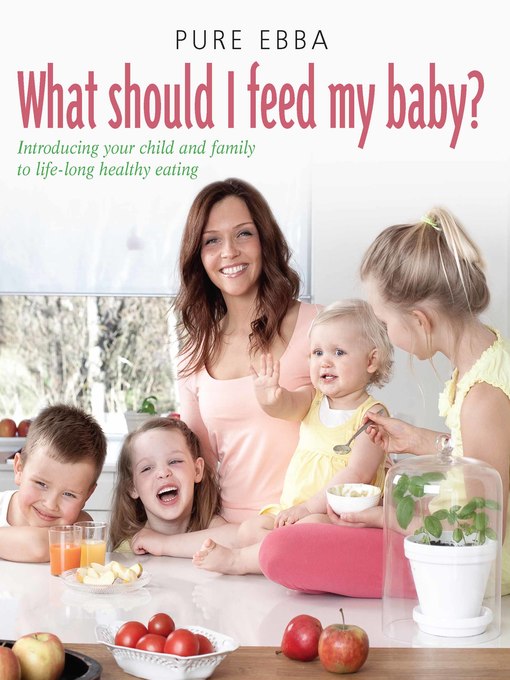 Ask your doctor about the best medication and dosage for your baby.
Ask your doctor about the best medication and dosage for your baby.
If giving pain medication based on your doctor’s advice, wait about 30 to 60 minutes after doing so to feed your little one. Feeding them too soon might cause another bout of vomiting before the meds can work.
Motion sickness isn’t common in babies under the age of 2 years, but some babies may be more sensitive to it. If your baby vomits from motion sickness, it’s better not to offer a feeding afterward.
You’re in luck if your baby likes to nod off in the car. Wait until you’re out of the car to feed your baby milk.
Baby vomiting can be worrying, but it usually goes away by itself — even if your baby has the stomach bug. Most babies with gastroenteritis don’t need medical treatment. This means that most of the time, you’ll have to bravely wait out your baby’s vomiting.
But sometimes, throwing up is a sign that something’s not right. You know your baby best. Trust your gut and call their doctor if you feel your little one is unwell.
In addition, take your baby to a doctor immediately if they’ve been vomiting for 12 hours or longer. Babies and children can dehydrate quickly from too much vomiting.
Also call your baby’s pediatrician if your baby can’t hold anything down and has signs and symptoms of being unwell. These include:
- constant crying
- pain or discomfort
- refusal to feed or drink water
- diaper that hasn’t been wet for 6 hours or longer
- diarrhea
- dry lips and mouth
- crying without tears
- extra sleepiness
- floppiness
- vomiting blood or fluid with black flecks (“coffee grounds”)
- lack of smile or response
- vomiting green fluid
- bloated tummy
- blood in bowel movements
You won’t usually have any control over when or how much your baby vomits. When it happens on occasion, repeat this mantra to help you cope: “Healthy babies sometimes vomit.”
However, if your baby often vomits (or spits up) after feeding, you may be able to take some preventative steps. Try these tips:
Try these tips:
- avoid overfeeding
- give your baby smaller, more frequent feeds
- burp your baby often between feeds and after feeds
- prop up your baby so they’re upright for at least 30 minutes after feeding (but don’t prop your baby up for sleep or use anything to position them in their crib or elevate their mattress)
If your baby has a tummy bug and is old enough to eat solid foods, avoid feeding solids for about 24 hours. A liquid diet can help the stomach settle after a bout of vomiting.
Vomiting and spit-up are common in healthy babies. In most cases, you can milk feed shortly after your baby vomits. This helps to prevent your baby from getting dehydrated.
In some cases it’s best to wait a little while before trying to feed your baby again. If you’re giving your child medication like pain and fever relievers, wait a bit so the meds don’t come back up.
If your baby is vomiting a lot or seems otherwise unwell, call your pediatrician immediately.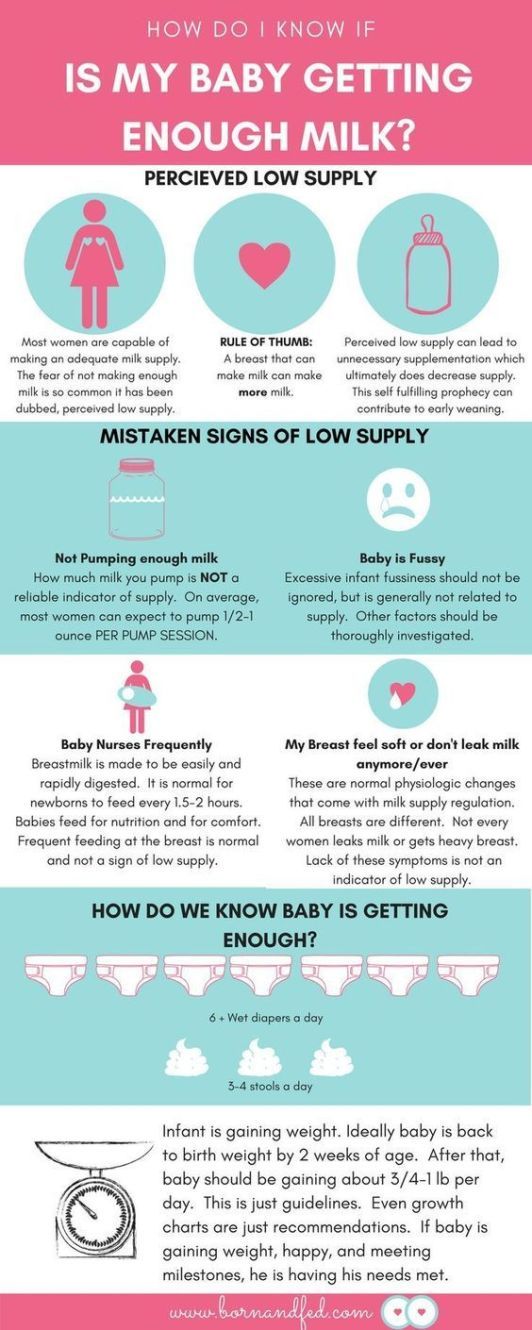 If you’re unsure if your baby’s vomiting or spit-up is cause for concern, it’s always best to check with your doctor.
If you’re unsure if your baby’s vomiting or spit-up is cause for concern, it’s always best to check with your doctor.
Vomiting (0-12 Months)
Is this your child's symptom?
- Vomiting (throwing up) stomach contents
- Other names for vomiting are puking, barfing and heaving
Causes of Vomiting
- Viral Gastritis. Stomach infection from a stomach virus is the most common cause. Also called stomach flu. A common cause is the Rotavirus. The illness starts with vomiting. Watery loose stools may follow within 12-24 hours.
- Food Allergy. Vomiting can be the only symptom of a food reaction. The vomiting comes on quickly after eating the food. Uncommon in infants, but main foods are eggs and peanut butter.
- Coughing. Hard coughing can also cause your child to throw up. This is more common in children with reflux.
- Serious Causes. Vomiting alone should stop within about 24 hours.
 If it lasts over 24 hours, you must think about more serious causes. An example is a kidney infection. A serious cause in young babies is pyloric stenosis. See below for more on this.
If it lasts over 24 hours, you must think about more serious causes. An example is a kidney infection. A serious cause in young babies is pyloric stenosis. See below for more on this.
Pyloric Stenosis (Serious Cause)
- The most common cause of true vomiting in young babies.
- Onset of vomiting is age 2 weeks to 2 months
- Vomiting is forceful. It becomes projectile and shoots out.
- Right after vomiting, the baby is hungry and wants to feed. ("hungry vomiter")
- Cause: The pylorus is the channel between the stomach and the gut. In these babies, it becomes narrow and tight.
- Risk: Weight loss or dehydration
- Treatment: Cured by surgery.
Vomiting Scale
- Mild: 1 - 2 times/day
- Moderate: 3 - 7 times/day
- Severe: Vomits everything, nearly everything or 8 or more times/day
- Severity relates even more to how long the vomiting goes on for.
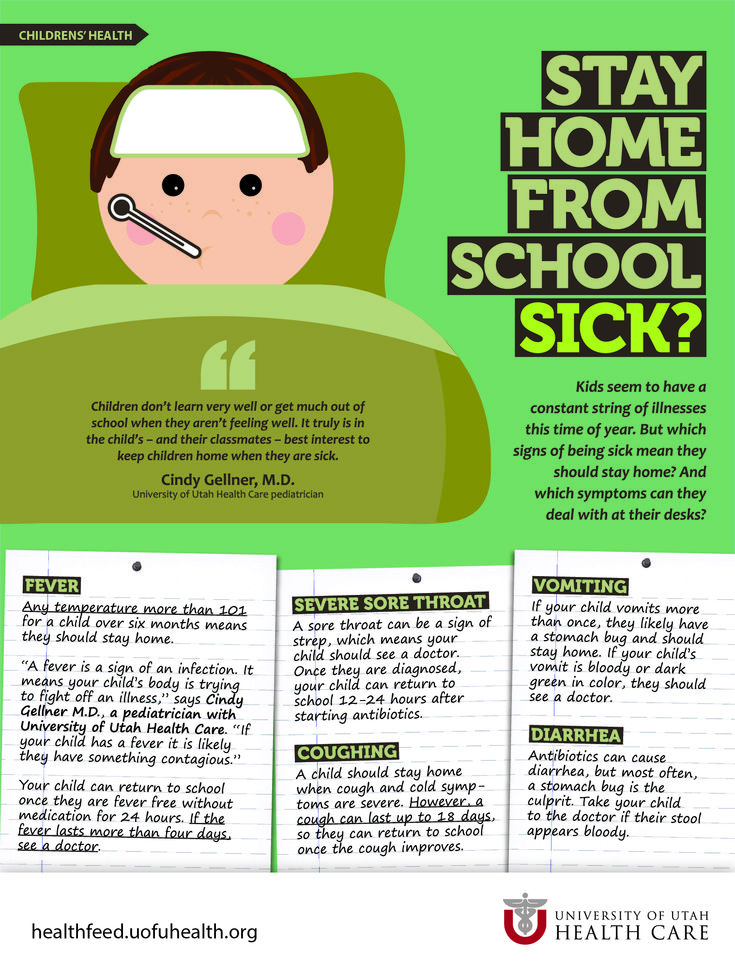 At the start of the illness, it's common for a child to vomit everything. This can last for 3 or 4 hours. Children then often become stable and change to mild vomiting.
At the start of the illness, it's common for a child to vomit everything. This can last for 3 or 4 hours. Children then often become stable and change to mild vomiting. - The main risk of vomiting is dehydration. Dehydration means the body has lost too much fluid.
- The younger the child, the greater the risk for dehydration.
Dehydration: How to Tell
- The main risk of vomiting is dehydration. Dehydration means the body has lost too much water.
- Vomiting with watery diarrhea is the most common cause of dehydration.
- Dehydration is a reason to see a doctor right away.
- Your child may have dehydration if not drinking much fluid and:
- The urine is dark yellow and has not passed any in over 8 hours.
- Inside of the mouth and tongue are very dry.
- No tears if your child cries.
- Slow blood refill test: Longer than 2 seconds. First, press on the thumbnail and make it pale. Then let go. Count the seconds it takes for the nail to turn pink again.
 Ask your doctor to teach you how to do this test.
Ask your doctor to teach you how to do this test.
When to Call for Vomiting (0-12 Months)
Call 911 Now
- Can't wake up
- Not moving
- You think your child has a life-threatening emergency
Call Doctor or Seek Care Now
- Dehydration suspected. No urine in over 8 hours, dark urine, very dry mouth and no tears.
- Stomach pain when not vomiting. Exception: stomach pain or crying just before vomiting is quite common.
- Age less than 12 weeks old with vomiting 2 or more times. Exception: normal spitting up.
- Vomited 3 or more times and also has diarrhea
- Severe vomiting (vomits everything) more than 8 hours while getting Pedialyte (or breastmilk)
- Head injury within the last 24 hours
- Weak immune system. Examples are sickle cell disease, HIV, cancer, organ transplant, taking oral steroids.
- Vomiting a prescription medicine
- Fever over 104° F (40° C)
- Fever in baby less than 12 weeks old.
 Caution: Do NOT give your baby any fever medicine before being seen.
Caution: Do NOT give your baby any fever medicine before being seen. - Your child looks or acts very sick
- You think your child needs to be seen, and the problem is urgent
Contact Doctor Within 24 Hours
- All other infants (age less than 1 year) with vomiting. See Care Advice while waiting to discuss with doctor.
Seattle Children's Urgent Care Locations
If your child’s illness or injury is life-threatening, call 911.
- Bellevue
- Everett
- Federal Way
- Seattle
Care Advice for Vomiting
- What You Should Know About Vomiting:
- Most vomiting is caused by a viral infection of the stomach.

- Vomiting is the body's way of protecting the lower gut.
- The good news is that stomach illnesses last only a short time.
- The main risk of vomiting is dehydration. Dehydration means the body has lost too much fluid.
- Here is some care advice that should help.
- Most vomiting is caused by a viral infection of the stomach.
- Formula Fed Babies - May Give Oral Rehydration Solution (ORS) for 8 Hours:
- If vomits once, give half the regular amount of formula every 1 to 2 hours.
- If vomits formula more than once, offer ORS for 8 hours. If you don't have ORS, use formula until you can get some.
- ORS is a special fluid that can help your child stay hydrated. You can use Pedialyte or the store brand of ORS. It can be bought in food stores or drug stores.
- Spoon or syringe feed small amounts. Give 1-2 teaspoons (5-10 mL) every 5 minutes.
- After 4 hours without throwing up, double the amount.
- Return to Formula. After 8 hours without throwing up, go back to regular formula.
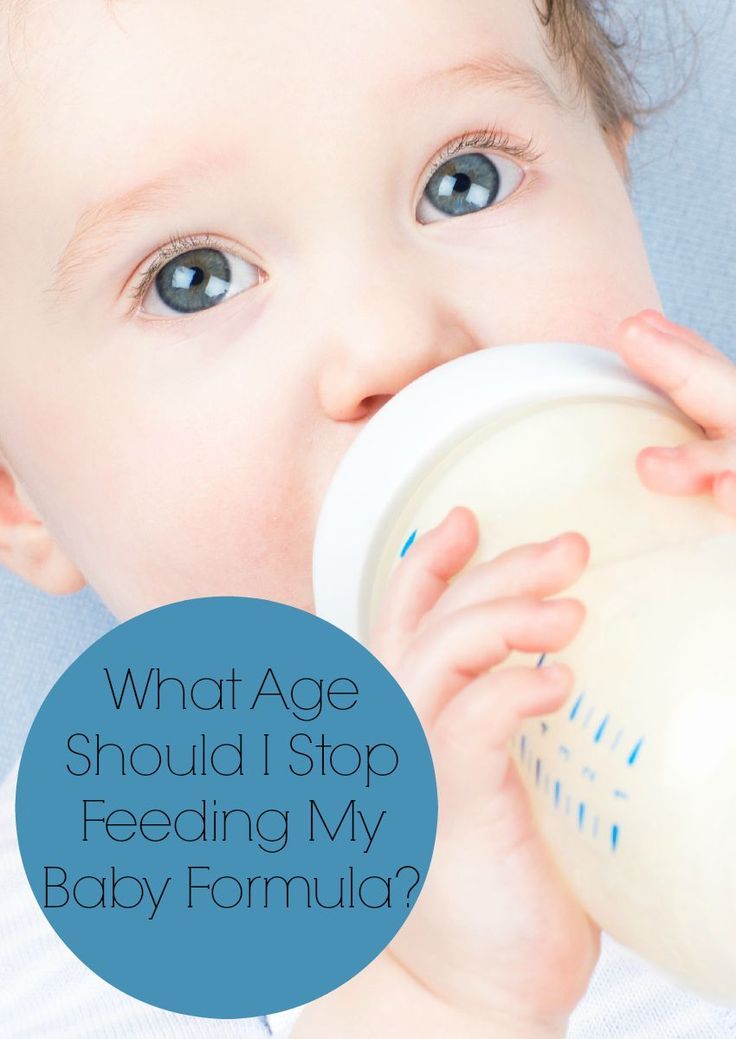
- Breastfed Babies - Reduce the Amount Per Feeding:
- If vomits once, nurse half the regular time every 1 to 2 hours.
- If vomits more than once, nurse for 5 minutes every 30 to 60 minutes. After 4 hours without throwing up, return to regular nursing.
- If continues to vomit, switch to pumped breastmilk. (ORS is rarely needed in breastfed babies. It can be used if vomiting becomes worse).
- Spoon or syringe feed small amounts of pumped milk. Give 1-2 teaspoons (5-10 mL) every 5 minutes.
- After 4 hours without throwing up, return to regular feeding at the breast. Start with small feedings of 5 minutes every 30 minutes. As your baby keeps down the smaller amounts, slowly give more.
- Pumped Breastmilk Bottle-Fed Infants - Reduce the Amount per Feeding:
- If vomits once and bottle-feeding breastmilk, give half the regular amount every 1-2 hours.
- If vomits more than once within last 2 hours, give 1 ounce (30 mL) every 30 to 60 minutes.

- If continues to vomit, give 1-2 teaspoons (5-10 mL) every 5 minutes. Only if not tolerating breastmilk, switch to ORS (e.g., Pedialyte) for every 5 minutes for a few hours.
- After 4 hours without vomiting, return to regular feedings. Start with 1 ounce (30 mL) every 30 minutes and slowly increase as tolerated.
- Stop All Solid Foods:
- Avoid all solid foods and baby foods in kids who are vomiting.
- After 8 hours without throwing up, gradually add them back.
- If on solid foods, start with starchy foods that are easy to digest. Examples are cereals, crackers and bread.
- Do Not Give Medicines:
- Stop using any drug that is over-the-counter for 8 hours. Reason: Some of these can make vomiting worse.
- Fever. Mild fevers don't need to be treated with any drugs. For higher fevers, you can use an acetaminophen suppository (such as FeverAll). This is a form of the drug you put in the rectum (bottom).
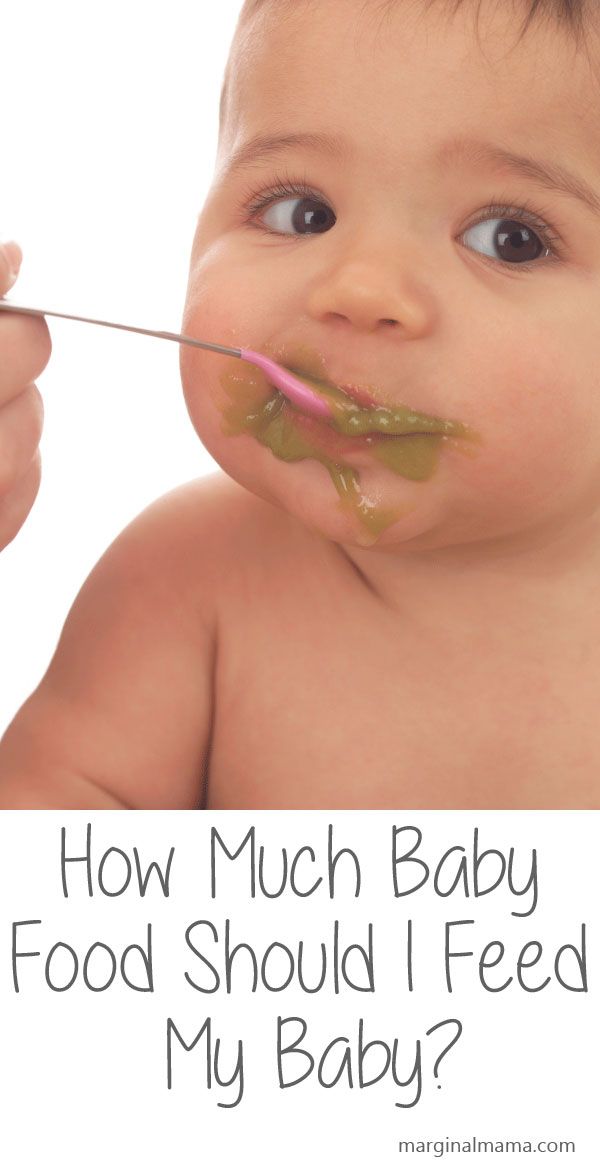 Ask a pharmacist for help finding this product. Do not use ibuprofen. It can upset the stomach.
Ask a pharmacist for help finding this product. Do not use ibuprofen. It can upset the stomach. - Call your doctor if: Your child vomits a drug ordered by your doctor.
- Try to Sleep:
- Help your child go to sleep for a few hours.
- Reason: Sleep often empties the stomach and removes the need to vomit.
- Your child doesn't have to drink anything if his stomach feels upset and he doesn't have any diarrhea.
- Return to Child Care:
- Your child can return to child care after the vomiting and fever are gone.
- What to Expect:
- For the first 3 or 4 hours, your child may vomit everything. Then the stomach settles down.
- Vomiting from a viral illness often stops in 12 to 24 hours.
- Mild vomiting and nausea may last up to 3 days.
- Call Your Doctor If:
- Vomits clear fluids for more than 8 hours
- Vomiting lasts more than 24 hours
- Blood or bile (green color) in the vomit
- Stomach ache present when not vomiting
- Dehydration suspected (no urine in over 8 hours, dark urine, very dry mouth, and no tears)
- You think your child needs to be seen
- Your child becomes worse
And remember, contact your doctor if your child develops any of the 'Call Your Doctor' symptoms.
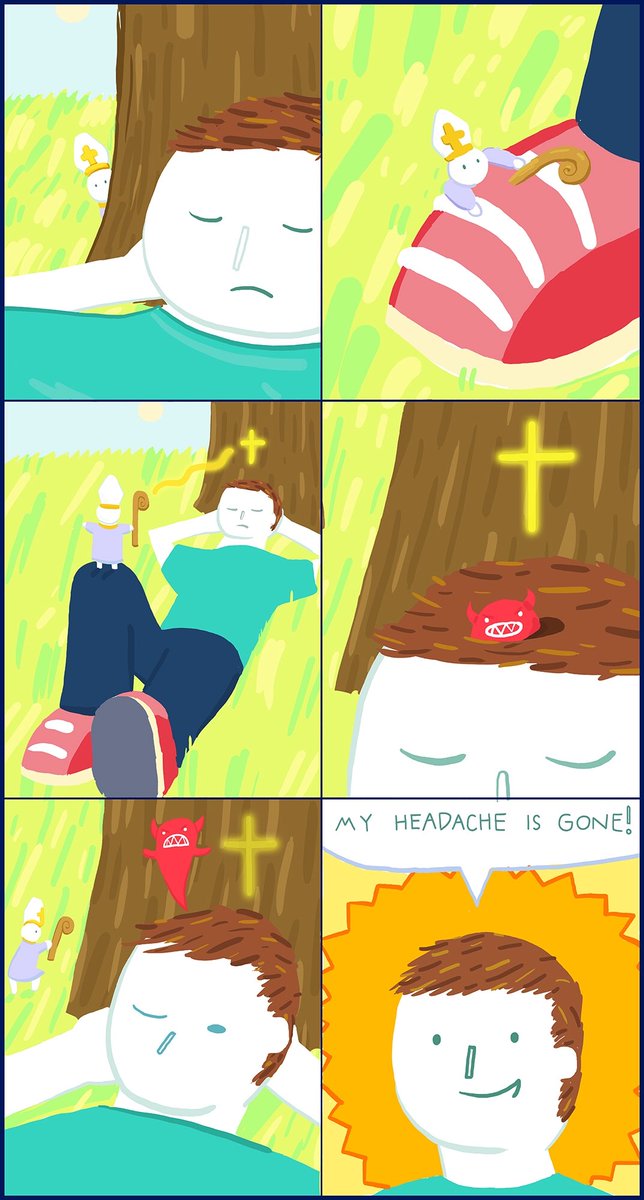
Disclaimer: this health information is for educational purposes only. You, the reader, assume full responsibility for how you choose to use it.
Last Reviewed: 10/27/2022
Last Revised: 09/21/2022
Copyright 2000-2022 Schmitt Pediatric Guidelines LLC.
Vomiting and loose stools in a child
Ambulance for children: +7 (812) 327-13-13
In a child (especially in the first year of life), the digestive system is very sensitive not only to the quality of food and its compliance with age, but also to any drastic changes in diet. Naturally, having received something unacceptable or unusual, the body seeks to get rid of it as soon as possible, either by regurgitating the contents of the stomach through the mouth (vomiting), or by dramatically accelerating the passage of uncomfortable food through the intestines (diarrhea). However, nutritional errors, like food poisoning, are not actually the most common causes of vomiting and/or loose stools in children - most intestinal disorders in babies are associated with intestinal infections (bacterial or viral).
Of course, careful personal hygiene reduces the risk of intestinal infections, but there are no methods that guarantee 100% protection against them for your baby - a child lives in an unsterile world inhabited by pathogens, many of which can be transmitted not only by contact, but also by air - by drip. Therefore, it is not worth conducting an investigation to find out which of the family members infected the child - all claims are against the one who created the microbes.
In the event of vomiting and loose stools, a doctor's consultation is absolutely necessary. This is especially true of vomiting - this symptom can be a sign of a number of serious diseases that have nothing to do with the gastrointestinal tract. If vomiting is combined with a headache or appeared after a head injury, call an ambulance without waiting for the visit of the local doctor. Save the last few stools until the doctor arrives by sealing the diaper or panties in a plastic bag - most likely the doctor will want to examine them.
Naturally, with vomiting and diarrhea, the main function of the digestive system, the absorption of nutrients, is disrupted. However, if a child’s body can tolerate a nutritional deficiency for quite a long time without serious consequences, then a lack of fluid and salt (the so-called dehydration or dehydration caused by vomiting or loose stools) can dramatically worsen the child’s condition and cause serious complications. Therefore, the first therapeutic measures for vomiting and diarrhea are hunger and drink.
Hunger
If a doctor's visit is expected in the next few hours, the baby should not be fed until the doctor arrives. In the case where urgent medical advice is not possible, you should take a break in the diet for 6-8 hours (for infants, this means skipping one feeding). In the future, the child is fed fractionally (that is, often and little by little). Breastfed babies need to be fed after two hours, while reducing the feeding time. In children of the first year of life, complementary foods should be abandoned on the first day, limiting themselves to breast milk or its substitute. Older children can be offered crackers, biscuits, rice porridge on the water. The basic principle of nutrition in this case is better not to give than to give (if the child does not ask for food, you do not need to feed him at all). Further dietary recommendations are best obtained from your doctor - as already mentioned, with the problems described, a doctor's consultation is absolutely necessary.
In children of the first year of life, complementary foods should be abandoned on the first day, limiting themselves to breast milk or its substitute. Older children can be offered crackers, biscuits, rice porridge on the water. The basic principle of nutrition in this case is better not to give than to give (if the child does not ask for food, you do not need to feed him at all). Further dietary recommendations are best obtained from your doctor - as already mentioned, with the problems described, a doctor's consultation is absolutely necessary.
Drinking
It must also be fractional. A single volume of liquid for infants should not exceed 10-15 ml, for older children - 30-100 ml (large volumes, stretching the stomach wall, can provoke vomiting). It is necessary to water the child in 10-30 minutes (the smaller the one-time volume, the more often you should drink). The daily volume of fluid taken should not be less than the daily need of the child, taking into account the increased losses: for an infant, this is 800–1000 ml, for older children, up to two or three liters. Do not be afraid to overdose the liquid - here the principle is exactly the opposite: it is better to pass than not to give (meaning the daily volume, not a single serving).
Do not be afraid to overdose the liquid - here the principle is exactly the opposite: it is better to pass than not to give (meaning the daily volume, not a single serving).
Having dealt with the amount of liquid, it makes sense to discuss what should a child drink? The main drink may be water, weakly brewed tea, herbal teas (for example, chamomile or children's stomach tea). If the child is not accustomed to unsweetened drinks, it is better to use fructose for sweetening, since the sucrose contained in regular sugar activates the fermentation processes in the intestines.
However, such drinking is unable to compensate for the loss of salts (especially these losses are great with vomiting). Therefore, at least half of the daily volume of liquid should be represented by saline solutions. In this capacity, it is most convenient to use Regidron powders (they are sold at any pharmacy). The contents of the package are dissolved in one liter of water. In the absence of Regidron, you can prepare a similar solution yourself: 8 teaspoons of fructose or sugar and ⅔ teaspoon of salt per liter of water. It is also necessary to give the child saline solutions because even with a significant water deficit in the body, the baby will refuse to drink if the salt deficiency is even greater than the water deficit.
It is also necessary to give the child saline solutions because even with a significant water deficit in the body, the baby will refuse to drink if the salt deficiency is even greater than the water deficit.
Note that in gastrointestinal disorders, the correction of water-salt disorders is the main therapeutic factor, much more important than the use of the most modern and effective drugs.
Medications
And yet, what medicines can be given to a child with diarrhea and vomiting before the doctor arrives?
At the very beginning of the disease, enterosorbents can be useful - Polysorb, Zosterin-Ultra, Polypefan, Filtrum (it is very difficult to give the child favorite activated charcoal in an effective dose). It will also help to normalize Smekta's stool - three doses a day, children over two years old - a whole sachet, young children - one sachet per day for a year of life. Before use, a sachet of Smecta should be dissolved in 50 ml of boiled water (allowed - in milk mixtures).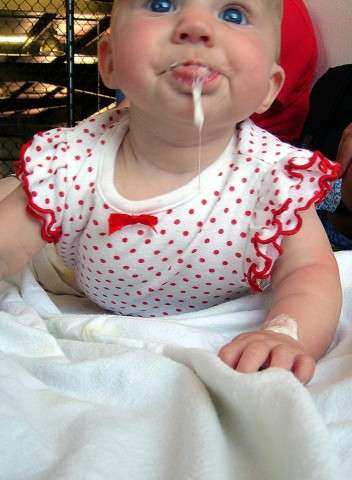 If diarrhea or vomiting is accompanied by an increase in temperature above 38 ºС, the temperature should be reduced, since at elevated temperatures fluid losses increase to humidify the exhaled air.
If diarrhea or vomiting is accompanied by an increase in temperature above 38 ºС, the temperature should be reduced, since at elevated temperatures fluid losses increase to humidify the exhaled air.
WHAT NOT TO DO?
First of all, do not try to wash the child's stomach - this violent event can only lead to additional loss of salts. In addition, after this unpleasant procedure, you are unlikely to be able to give the child a drink or give him the necessary medicine.
In no case should you also give your child antibiotics without a doctor's prescription. First, today antibiotics in the treatment of intestinal infections are not used so often. Secondly, they begin to act only on the second or third day of course use, so a few hours do not solve anything.
The widely advertised Imodium (synonyms - Lopedium, Loperamide) also cannot be used alone - the drug does not have a therapeutic effect on the disease that caused loose stools, it simply inhibits intestinal motility. In addition, age restrictions and possible side effects of this drug make it possible to use it in children only under the supervision of the attending physician.
In addition, age restrictions and possible side effects of this drug make it possible to use it in children only under the supervision of the attending physician.
Let me emphasize once again that in case of vomiting and (or) loose stools in a child, timely (that is, immediate) consultation with a doctor is absolutely necessary. Usually, the delay in going to the doctor is due to a banal reason - parents are simply afraid that the child will be “taken to the hospital”. With early treatment, these fears are completely unfounded - most cases of intestinal disorders in children proceed without any problems and can be treated at home. The need for hospitalization is more often associated not with the severe course of the disease itself (although this also happens), but with dehydration that has developed during unsuccessful attempts to cope with the disease on their own. In any case, the doctor can only offer you inpatient treatment - no one will "take" your child anywhere without your consent. And finally, today it should be borne in mind that in children, gastrointestinal upset may be the only initial manifestation of COVID 19 infection..
And finally, today it should be borne in mind that in children, gastrointestinal upset may be the only initial manifestation of COVID 19 infection..
Author of the article:
Kanter M.I. – pediatrician of the highest category
What to feed a child with vomiting, what can be done in case of poisoning
Complain
the child only vomited, there was no stool yet, it is not known what kind.
Doesn't eat porridge. What can be fed?
I don't ask advice whether to go to the doctor or not, if my friend needs to decide about the doctor herself, there is only one question.
Rubric Toilet after childbirth
0 16710210Comments
Expert answer
February 19, 2019
Natalya Levina
Pediatrician
What can you feed a child with vomiting
. Such a manifestation may indicate intoxication, dysfunction of the gastrointestinal tract, metabolic disorders.
During vomiting, in any case, it is impossible to feed a child, even if we are talking about a nursing baby, however, it is necessary to properly drink the baby, since a huge amount of liquid mineral salts is lost with vomit.
What to drink in case of poisoning
When intoxicated, vomiting is accompanied by diarrhea, the temperature rises. The likelihood of dehydration increases, which is especially dangerous in childhood. For prevention, rehydrating drugs are used that regulate the water and electrolyte balance. They should be based on sodium and potassium chloride, glucose.
In order to maintain an optimal balance of essential substances, at home, the child is provided with a plentiful drink rich in micronutrients:
water with sugar or salt;
herbal infusions;
decoctions of dried fruits.
Fluid must be at room temperature. Babies are given water every 10-15 minutes in a teaspoon.
What can I feed when vomiting?
Food should only be offered after the vomiting has stopped and the lost fluid has been replenished. At the same time, feeding the child should be fractional: up to 5-7 times a day, the intervals between each meal are up to 120 minutes.
At the same time, feeding the child should be fractional: up to 5-7 times a day, the intervals between each meal are up to 120 minutes.
In the acute course of the disease, which is accompanied by vomiting, fever, loss of appetite, sparing, easily digestible nutrition is indicated.
List of products (all dishes of liquid, semi-liquid consistency)
boiled vegetable puree;
lean meat soufflé
groats, porridge boil until soft, then rub;
infants are offered rice, buckwheat milk mixture diluted with water.
Force-feeding is unacceptable: it is fraught with another bout of vomiting. Additionally, it is recommended to consult with a pediatrician.
Previous article
Nsk. Who sells an orthopedic pillow?
Next article
I WILL wash with dish soap!
Actual posts
New Year's dresses for little girls
Aviation in a child 1 6 years old
Transportation of 2 monthly children in the car
Learn and participate
Clubs on Baby.